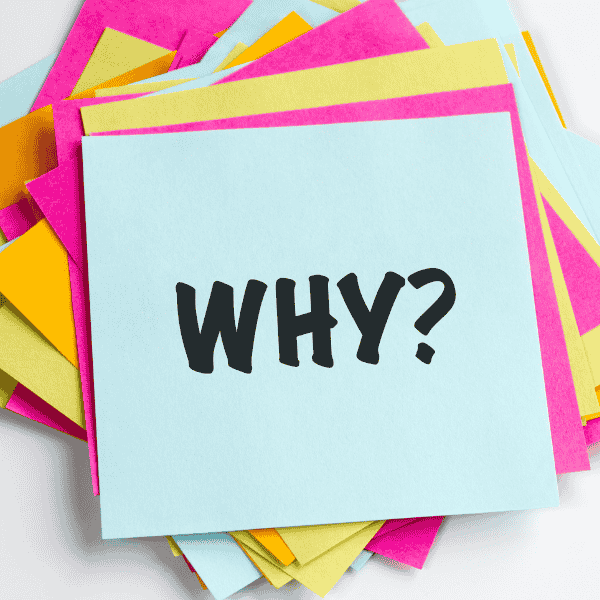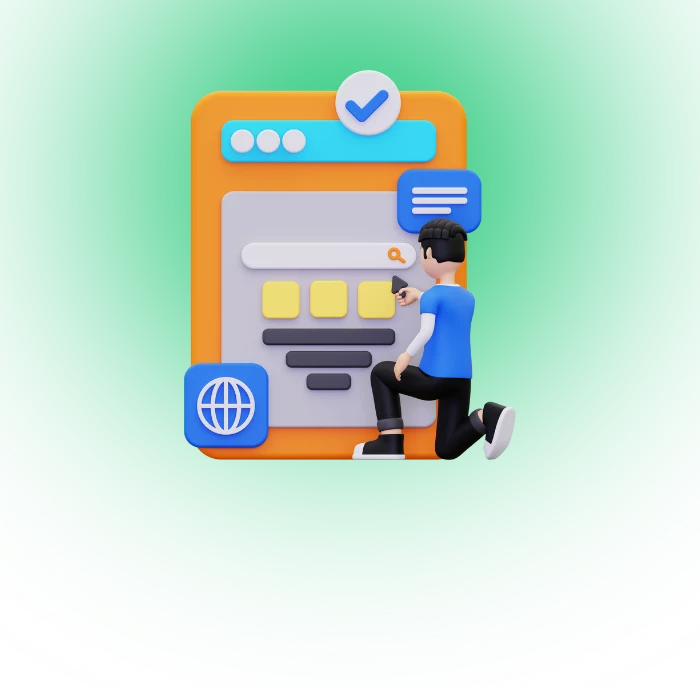A slow website can be frustrating for both site owners and visitors. Slow loading times can lead to decreased traffic, lower search engine rankings, and a poor user experience. In this guide, we’ll explore the most common reasons for slow website performance and provide solutions to help speed up your site.
Large Image Files.
One of the most common reasons for slow website performance is large image files. High-resolution images can take a long time to load, especially on mobile devices with slower internet connections. To speed up your site, consider compressing your images or using a content delivery network (CDN) to serve images from a faster server. You can also use lazy loading techniques to only load images when they are needed, rather than all at once.
Too Many Plugins or Widgets.
Another common reason for slow website performance is having too many plugins or widgets installed. While these can add functionality to your site, they can also slow it down by adding extra code and requests to your server. To speed up your site, consider removing any unnecessary plugins or widgets and only keeping the ones that are essential to your site’s functionality. You can also try combining multiple plugins into one to reduce the number of requests made to your server.
Unoptimized Code.
One of the most common reasons for slow website performance is un optimized code. This can include large image files, excessive use of JavaScript, and poorly written HTML and CSS. To speed up your site, make sure to optimize your code by compressing images, minifying JavaScript and CSS files, and removing any unnecessary code. You can also use tools like Google PageSpeed Insights to identify areas of your code that need improvement.
Poor Hosting.
Another common reason for slow website performance is poor hosting. If your website is hosted on a shared server with many other websites, it can slow down your site’s loading times. Consider upgrading to a dedicated server or a virtual private server (VPS) to improve your website’s speed. Additionally, make sure to choose a reputable hosting provider with a good track record of uptime and fast loading times.
Lack of Caching.
Caching is the process of storing frequently accessed data in a temporary storage area, allowing it to be quickly retrieved when needed. If your website lacks caching, it can slow down loading times as the server has to retrieve data from scratch each time a user visits your site. Implementing caching can significantly improve your website’s speed. There are various types of caching, including browser caching, server-side caching, and content delivery network (CDN) caching. Consider implementing one or more of these caching methods to speed up your website.
FAQs
Why is my website loading slowly?
Your website might be loading slowly due to various factors that affect its performance, such as large file sizes, excessive HTTP requests, poor server configuration, un-optimized code, or lack of caching.
How does a slow website impact my business?
Slow website can have negative consequences for your business, including increased bounce rates, lower search engine rankings, decreased user satisfaction, and loss of potential customers or conversions
What are the top five reasons why my website is slow?
The top five reasons why your website may be slow include:
a. Large image or media files: Unoptimized images or heavy media files can significantly slow down your website’s loading speed.
b. Excessive plugins or scripts: Having too many plugins or scripts running on your website can increase the number of HTTP requests, impacting performance.
c. Lack of browser caching: Without caching, browsers need to retrieve all website elements from scratch, causing delays in loading.
d. Slow server response time: If your server takes a long time to respond to requests, it can lead to slower website performance.
e. Unoptimized code: Poorly written or unoptimized code can result in slow rendering and execution, affecting overall speed.
How can I speed up my website?
To speed up your website, you can take the following steps:
a. Optimize images: Compress and resize images to reduce file sizes without sacrificing quality.
b. Minimize plugins and scripts: Remove unnecessary plugins and scripts, and optimize the ones you need for better performance.
c. Implement caching: Set up browser caching to store static files locally, reducing load times for returning visitors.
d. Improve server response time: Consider upgrading your hosting plan or server infrastructure to ensure faster response times.
e. Optimize code: Clean up your website’s code, minify CSS and JavaScript files, and eliminate any unnecessary code or database queries.






